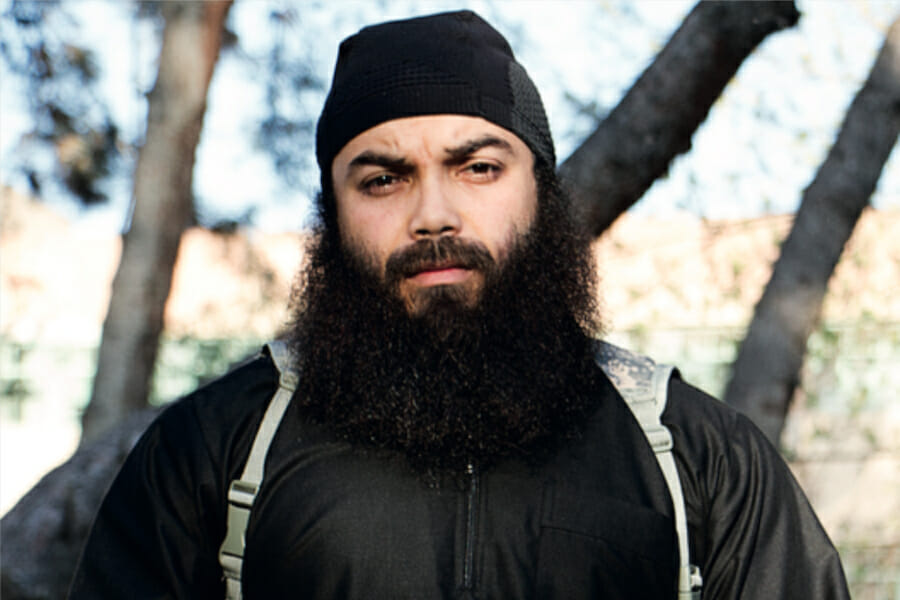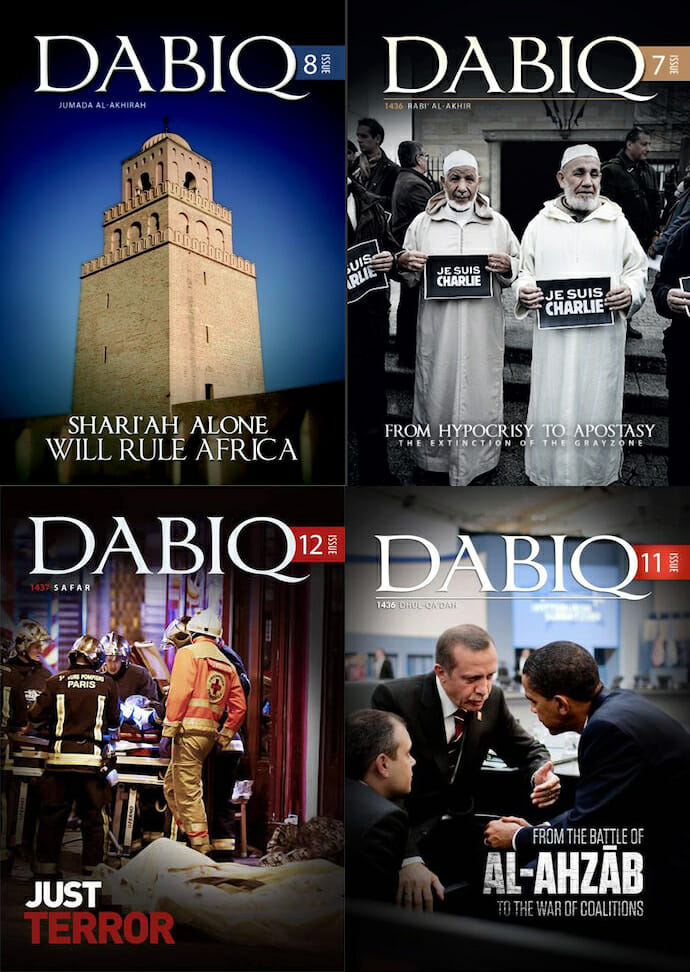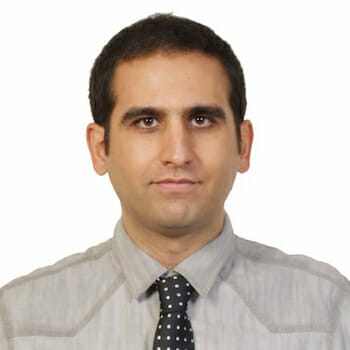
Culture
Paris: Fundamentalism v. Liberal Values
The recent terrorist attacks in Paris are a result of ISIS purposefully targeting symbols of modernity. Shortly after the Islamic extremists attack on the press office Charlie Hebdo in January 2015, the eighth issue of Dabiq (official organ of ISIS) published an interview with a man named Abu-Moqatalah. He was imprisoned for a time in France and after his release, was carrying out terrorist operations in Tunisia. He was asked what his message is to the infidels living in France. “I say to them very soon and by Allah’s permission, we will raise our flag over Elysee. ISIS is now close to that goal. Between us and you are a sea. By God’s leave, we traverse this path to reach you. Your women and children will be sold by us in the ISIS markets.” At that time, ISIS wrote: “In Lyon, France, a brave Muslim entered a factory and cut off the head of a French infidel, and a crusader.” This was when he killed a worker in a gas factory in Lyon.
What is the root of the deep hatred of the West and residents of Western countries and their lifestyle? To better understand why and how to plan for the targets of the ISIS attacks, we should consider the philosophical conflicts from the ontological and epistemological aspects of ISIS and the West.
Liberalism is the beginning of an attempt to determine the individual’s private sphere versus government authoritarianism. The belief in individual and civil freedom is the philosophical basis of liberalism. From this perspective, every human being has wisdom and wisdom is the guarantor of individual liberty. The two elements are inseparable from each other.
Liberalism is not only a political ideology, but a way of life. Liberalism supports the separation of religion and state and was fostered in France after the Great Revolution. Modernism is a belief in democracy and representative government. Rationalism and science are all essential components of liberal thinking. The culmination of humanism can be observed in the Declaration of Human and Citizen Rights Act of France’s Revolutionary Parliament in 1789, where it says: “Human beings are created free and equal in terms of rights. The aim of the society is to protect human rights.” From this perspective, human beings are born free and have authority and self-determination. Relying on the principle of tolerance, the society and state should not interfere in the activities of individuals.
In contrast, however, the fundamentalists have opposing world views. In their view, the world is divided into two camps: good and evil. From ISIS point of view, those who remain neutral, are flocks that are not on either side. Taking a glance at Dabiq magazine which has an educational and informative aspect for ISIS can reveal a clearer view of this worldview for this group. ISIS notes that the infidels and apostates seek to make Muslims have ethnic, tribal and racial divisions and thereby prevent the formation of a single nation. In a part of the eleventh issue of the Dabiq magazine, entitled “from the battle of parties to battle with coalition” it says that “a coalition of 60 countries against the Islamic State is a coalition of skeptics who fight against Islam and Muslims who will the creation of a unified nation.” ISIS main attack is on the side of democracy against nationalism. ISIS denies any racial belonging. “Racism, like nationalism is a tool to discourage children of Adam and prevent their achievement to the truth. Islam does not accept that Muslims experience these inferior opinions and divisions resulting from it.”
In an article in ISIS journal entitled “God’s law or man’s law” during Ramadan, Om-Summayah Al-Mohajirah writes: “The martyrs die for God and for overwhelming democracy and nationalism. A warrior is against low concepts like civil government, patriotism and nationalism, secularism, democracy and socialism, which are all opposed to God’s purposes and will not result in nothing more than scandal in the world. Those captured by these concepts will be in the burning fire of the Hereafter.” In this regard, Abu Bakr al-Baghdadi, the Khalifah of ISIS, also said in his speech during Ramadan that ISIS wants to break the idol of nationalism and democracy and reveal their misleading natures.

Outlining why abandonment is a sin, Dar-ul-Islam added: “Their immigration causes their children to change their orientation from Islam to Christianity, atheism or liberalism. They are under the constant threat of adultery, sodomy, drugs and alcohol. Even if they do not fall into the arms of sin, they will definitely forget the Arabic language which is the language of Qur’an; the language which is used for training in the Levant and Libya and Iraq, and with the return of these people, their religious education will be difficult.” From the perspective of ISIS, people who come from European countries to Iraq and Syria to join ISIS grew up in an environment of corruption and crime and were detained in ignorance before they joined ISIS.
ISIS resorts to using direct violence to enforce its laws in the territories under its occupation. For example, in January 2015, news was released showing a person who had been sentenced to 90 lashes for using an electronic keyboard and playing music. In the same month there was news of the execution of 13 football fans who were watching the game between Iraq and Jordan in the Asian Championship in Mosul. Music has been banned in all cars, shops and public circles in Raqqa, Syria because it caused corruption according to ISIS’s interpretation of Islam and the Quran.
ISIS’s apocalyptic vision applies to democracy as well. Referring to the Hamas government in the Gaza Strip, its corporate magazine states, “the leaders of that group claim that they fight against the Jews for many years, but is it real? No, the reality is that Hamas is a nationalist paramilitary movement which since 2005 completely adapted itself to democracy and entered the legislative, local and presidential elections and accepted man-made laws.” ISIS continues to criticize ideas of Sheikh Ahmed Yassin, the former leader of Hamas who was assassinated by Israel. “In an interview in response to the question whether like the Palestinian people you want a democratic government, he had said yes, I have the same opinion. Sheikh Muhammad Ghazali, an Egyptian scholar, had a strong influence on the Muslim Brotherhood. In 1948 he published a book representing fundamentalist interpretations. “A true Muslim should leave the licentious temptations of life” and in the description of such a lifestyle he adds: “The deceptive appearances, and unregulated outings and trips” are all related to a Westernized lifestyle.
Bernard Lewis, in his book of “clash of cultures” writes about the competition between Islam and Christianity throughout the Middle Ages. He believes that the main motive for this confrontation was the fear of each other and began with three army invasions of Christian lands from the early seventeenth century in the East Mediterranean and continued until the withdrawal of Turkish forces from behind the walls of Vienna in 1683 AD. For a period of about a thousand years Christians lived in constant dread of Muslims’ impending attacks or the third invasion which was related to the Seljuks and the Ottoman Turks after the conquest of Anatolia by the Muslims under Byzantine rule. Today, using historical literature and invoking the necessity to repeat history, Isis is trying to incite fear of Muslims in Europe which will empower right-wing nationalist movements in Europe.

